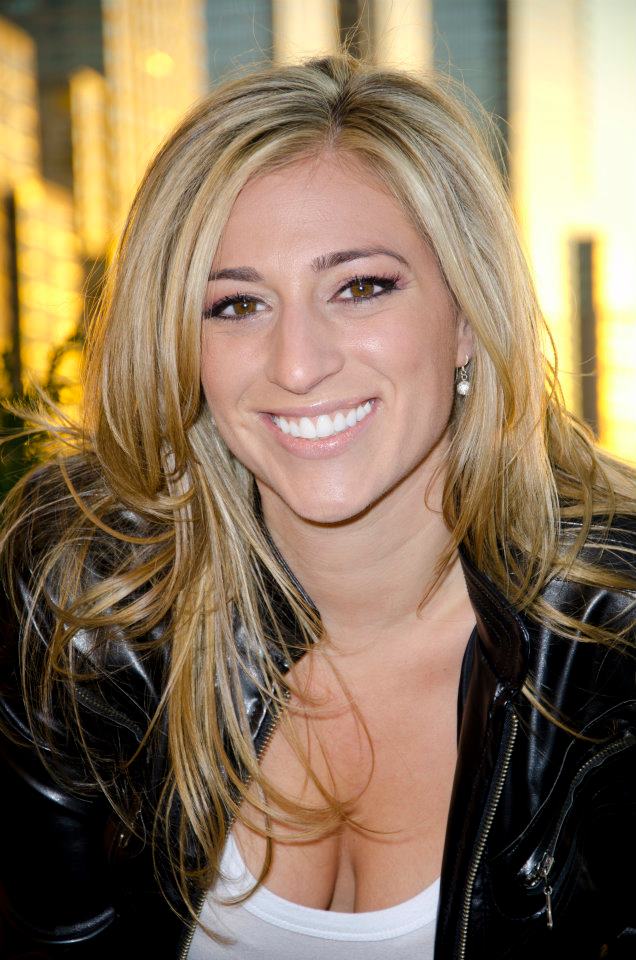One of the best ways to achieve greatness is to learn from people who have pursued their dreams and succeeded against all odds. But for those of us who are self-made — sometimes, we try so hard to prove ourselves — we lose sight of what really matters: our authentic self. We race to the top, ignoring the journey along the way, sacrificing relationships, happiness — even our health. Growth happens while you’re climbing the ladder — not while you’re sitting at the top. My show Inspired with Nicole Sawyer takes you inside the minds and hearts of the most respected visionaries. Behind every success is a journey inspired by the human spirit.
Brandon Steiner is a self-made entrepreneur in every sense of the word – a poor kid from Brooklyn who used his street savvy to build a multi-million dollar sports marketing and memorabilia empire.
He has earned the respect of the most recognized athletes in the world. Super Bowl XXI champion George Martin recalls when Steiner launched his business he worked out of the trunk of his car. Five-time world series champion Derek Jeter said, “You know, as a collector if you want to get a real legit autograph, memorabilia, go to Brandon.”
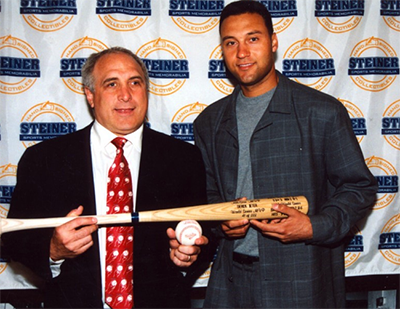
Steiner is well known for purchasing the old Yankee Stadium. He surprised everyone by turning what many saw as trash into a goldmine, selling lockers, bleachers, even the dirt. Throughout Steiner’s life, his ability to think outside the box helped him build his career — but in this interview, he demonstrates how it was the desire to help others that truly moved him from the sidelines to the spotlight.
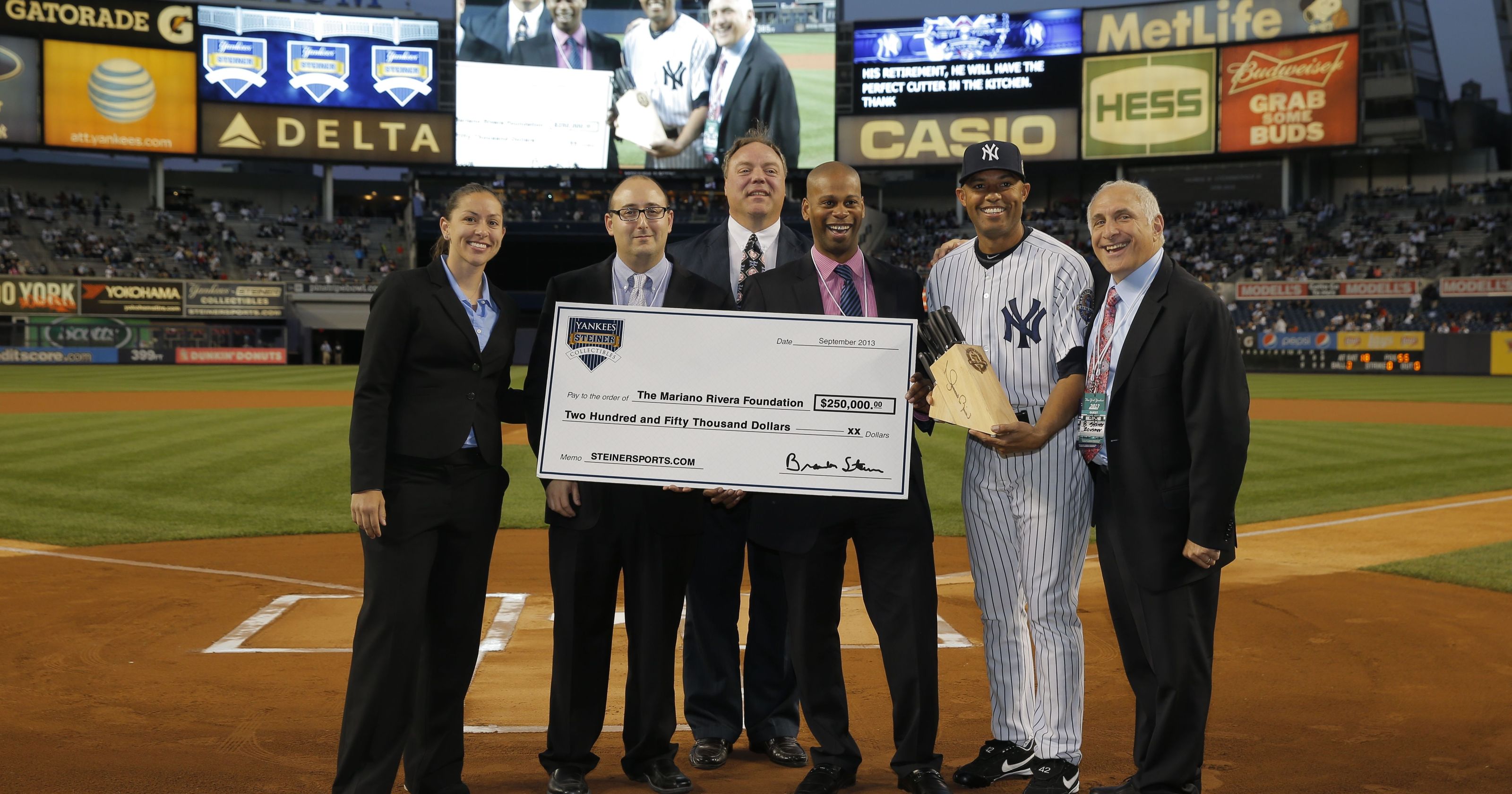
At the age of 12, while working a paper-route, he learned a valuable lesson from his mother. “Stop selling and start serving. Stop selling and start solving; you’ve got to differentiate yourself.” Steiner explains, “The key to becoming a good entrepreneur is how does it help somebody? How can you serve somebody?”
Steiner explains that attitude is how he gained the trust of athletes and partners: “Just because you have a good idea doesn’t automatically open up the door. Value is about what you can do for someone that they can’t do for themselves.”
Back in the late eighties, Steiner spent his days helping athletes sort through fan mail, trying to find appearances. For instance, basketball player Larry Bird needed a Johnny Deere lawnmower, so Steiner got him a deal on the lawnmower. “Really look to help before you look to sell. It is an incredibly valuable lesson and it’s paid huge dividends,” he says.
But on his journey to the top, Steiner’s search for acceptance, fame and fortune cost him dearly.
In his third book, Living On Purpose, Steiner shares his story of climbing the ladder to success, but when he looked down he realized his ladder was unstable and he struggled with emotional bankruptcy: “I lost friendships because I wasn’t a good friend. I wasn’t the husband or father I wanted to be.”
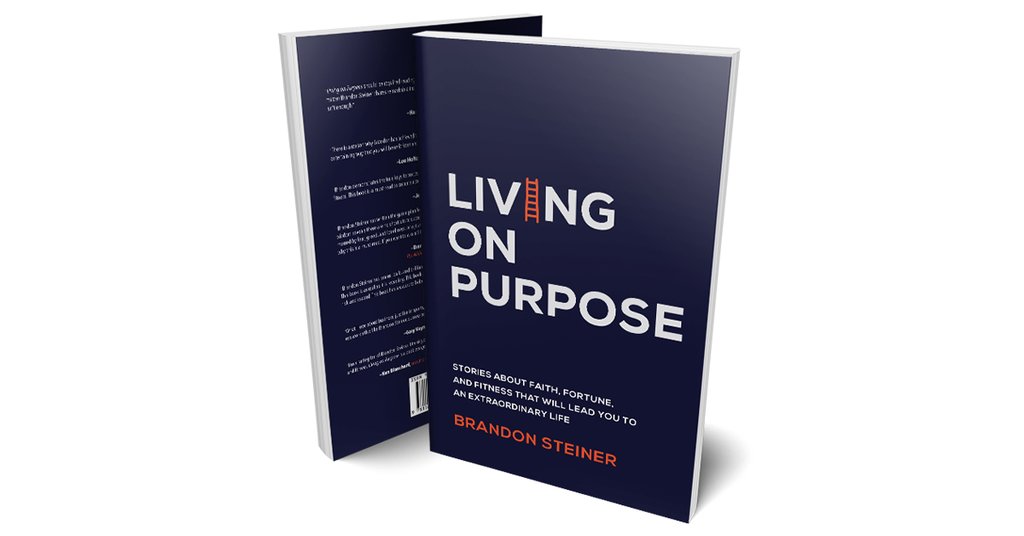
By: Brandon Steiner
“And those are the big parts that a lot of people don’t get,” says Steiner. “They think entrepreneurship is about a sprint down the center lane, just drive, drive, drive to make all this money. Then you realize you’re unhealthy, you’ve got no spiritual connection, you come home the closet is empty, the wife left, your kids are looking at you like ‘yeah you are ok dad,’ but who doesn’t want to be a great dad, a great husband.”
Steiner says a lot of people getting ready to retire are struggling as they realize making money is only a part of success. The premise of his book is to help people understand if you rush through life, you miss the purpose of living.
Steiner acknowledges the secret to success isn’t about short-cuts, if you want to achieve extraordinary things, it requires extraordinary efforts. However, this lesson of taking care of yourself, getting enough sleep, eating well and doing good on a daily basis will help you in your career. Brandon also points out, you don’t have to wait to be wealthy to give back.
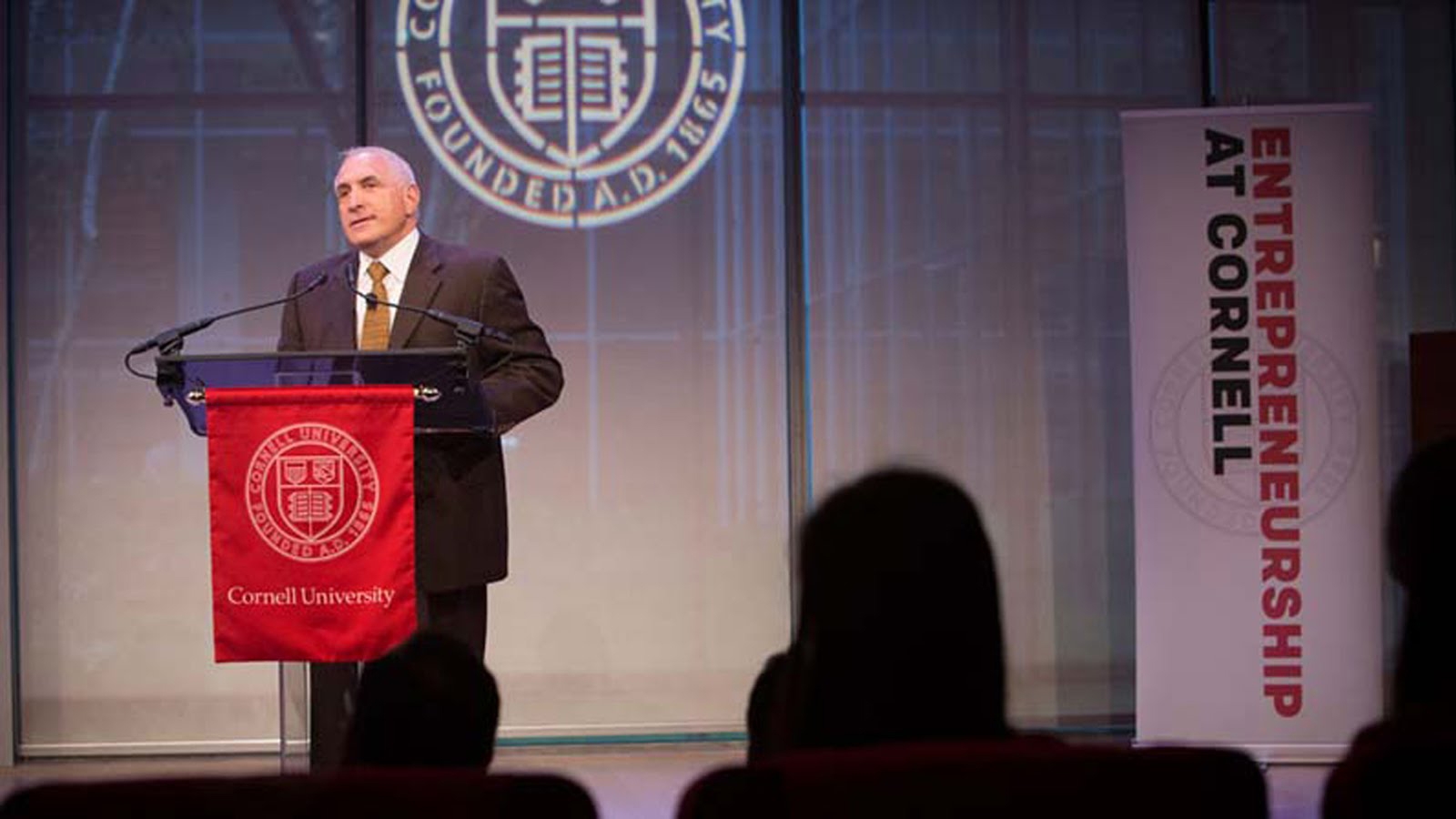
Steiner speaks at major universities such as Harvard and Cornell — and he says one of the most common confusions he hears among young people is when they say, “When I make a lot of money, then I’m going to give back, or then I’m going to help people.”
Steiner believes however, it’s just the opposite, “You do good and as a byproduct of doing good, you do well. And that’s the real joy of doing well is by the good you do as well,” he explains.

